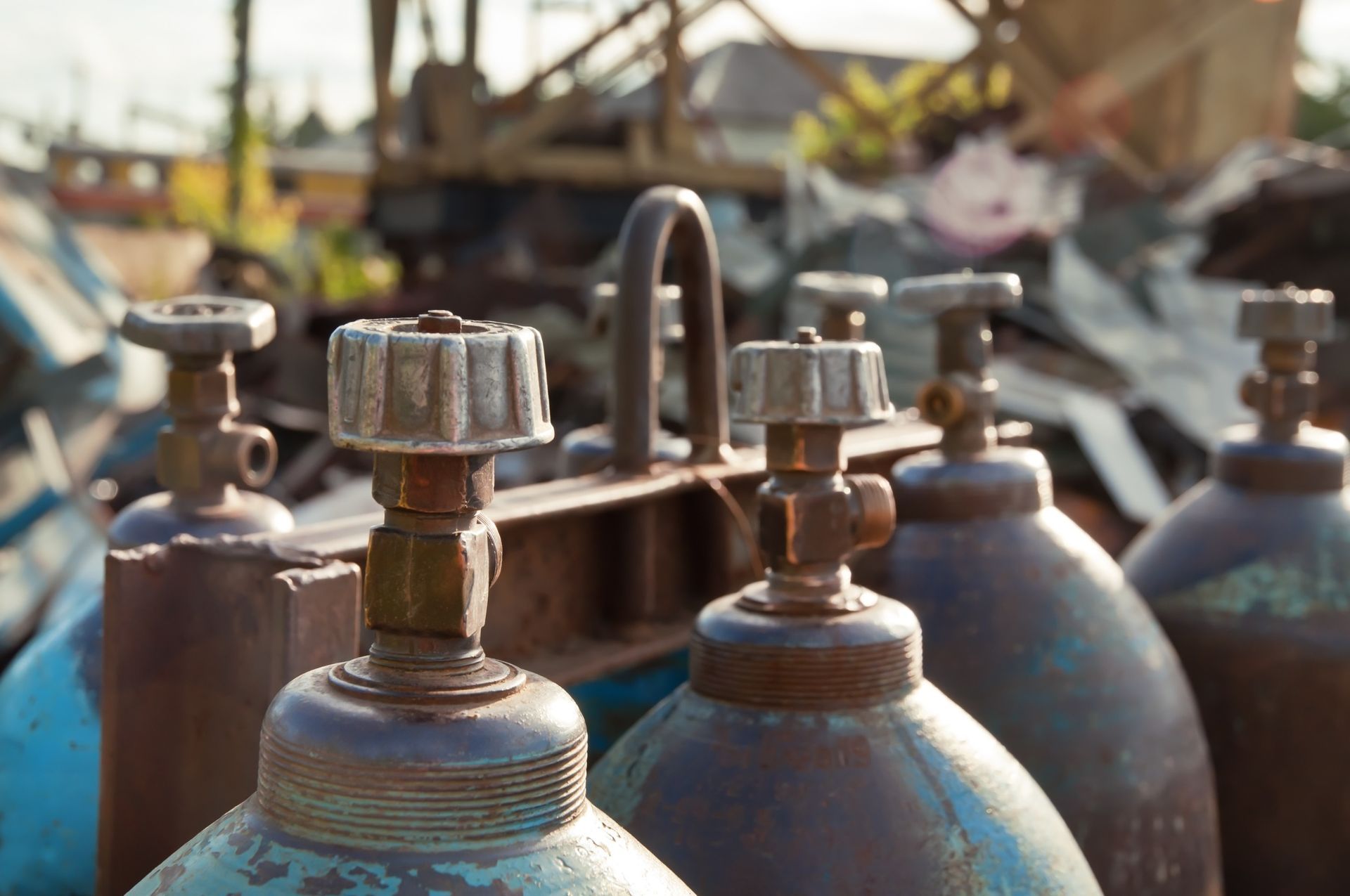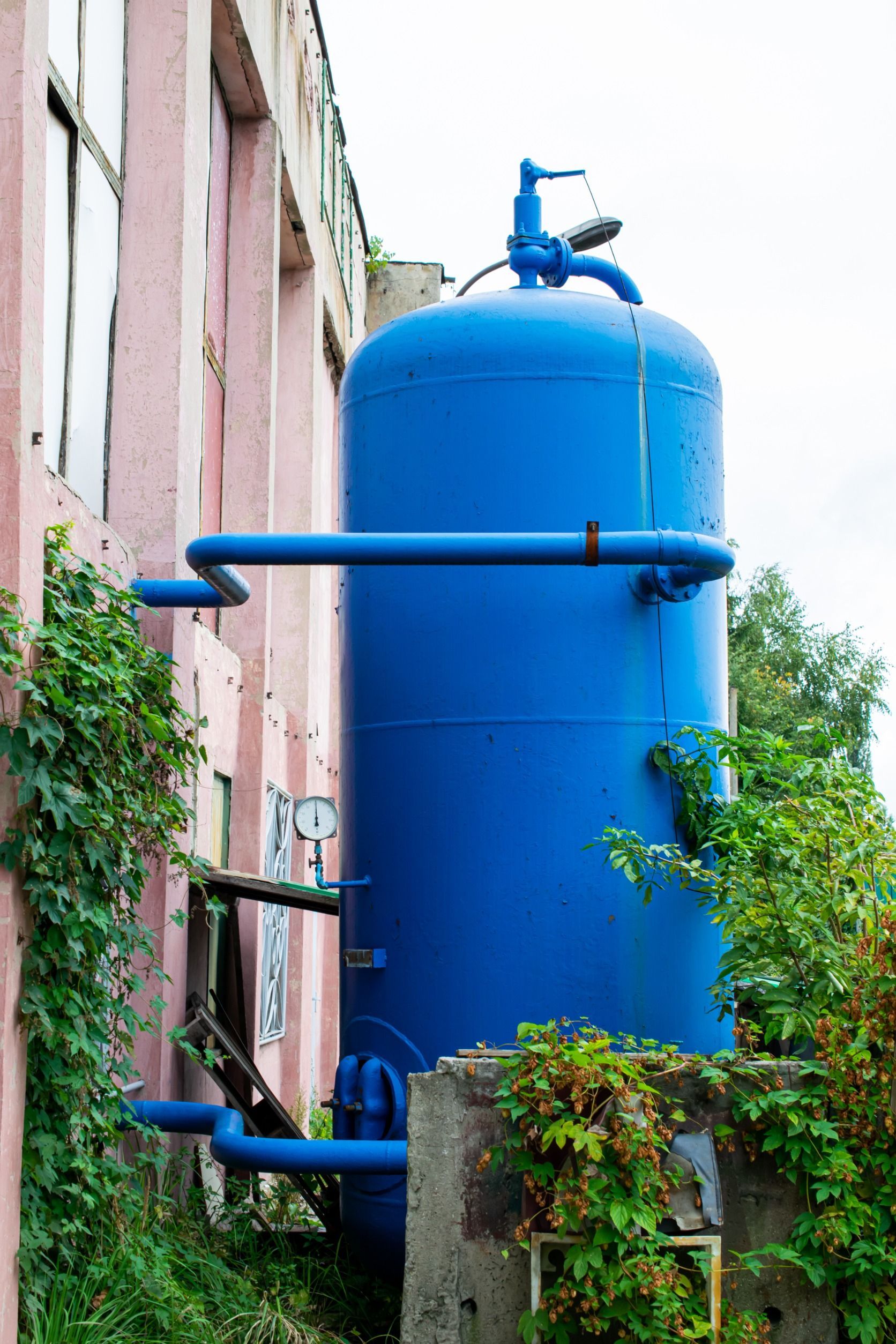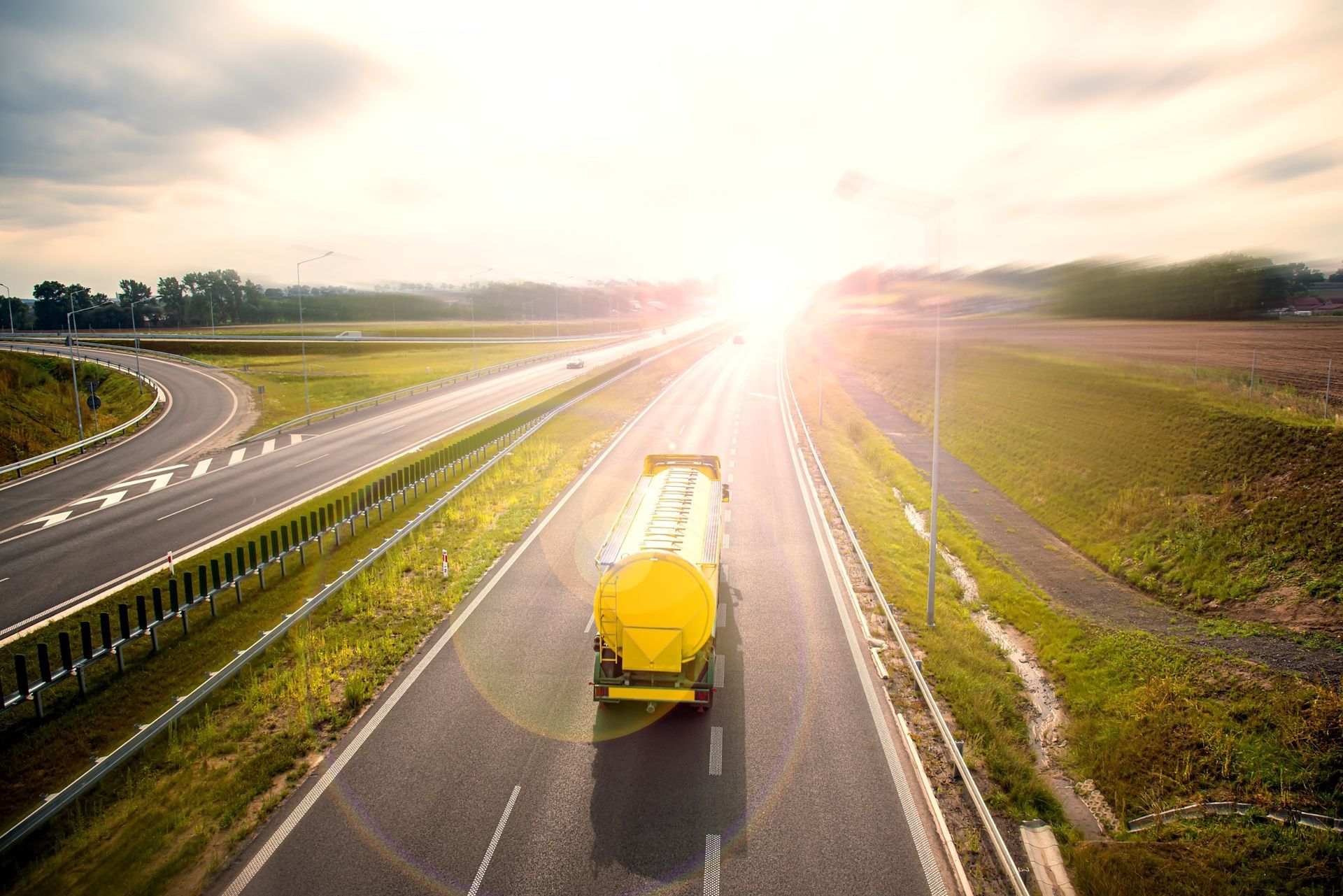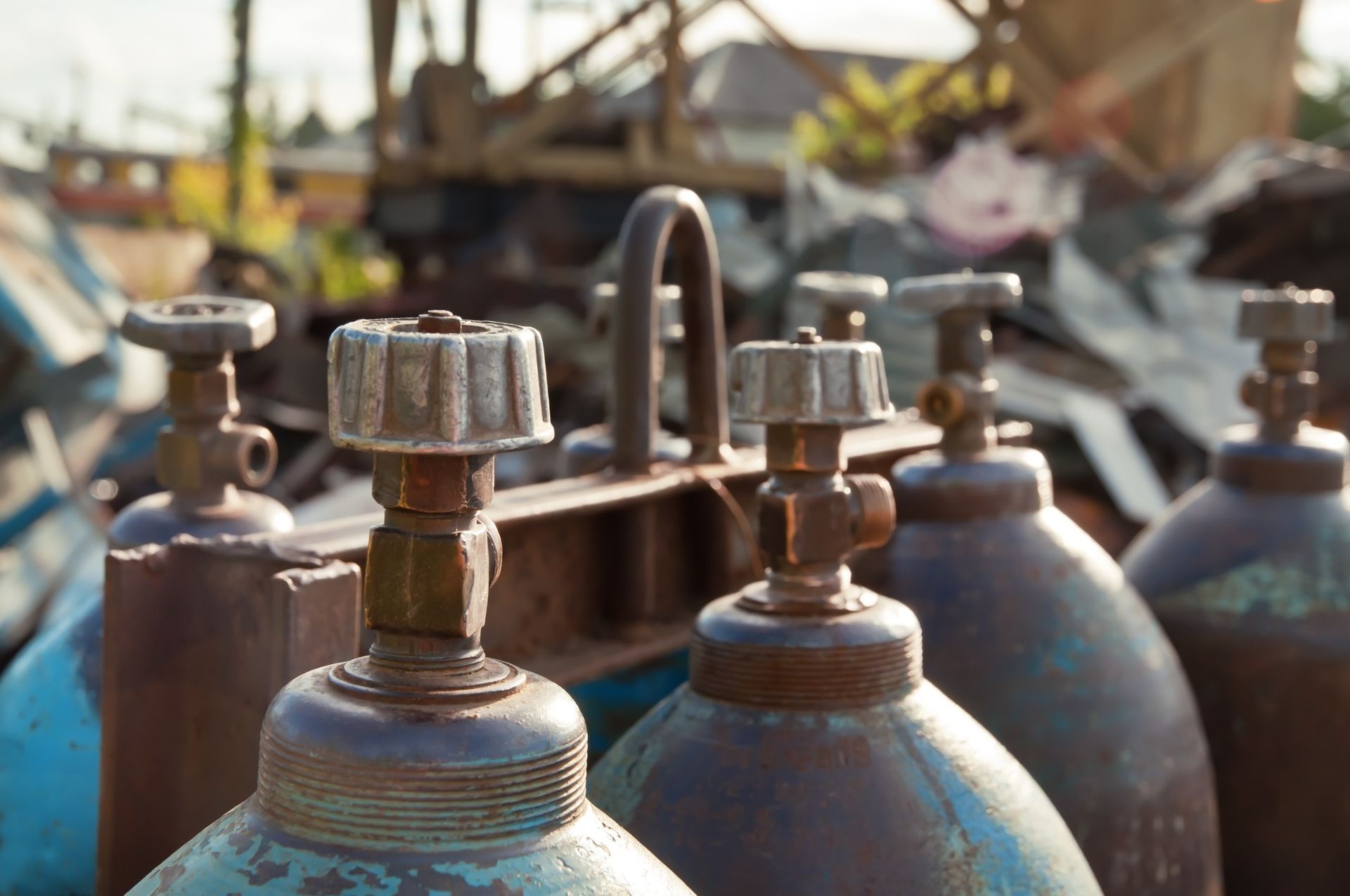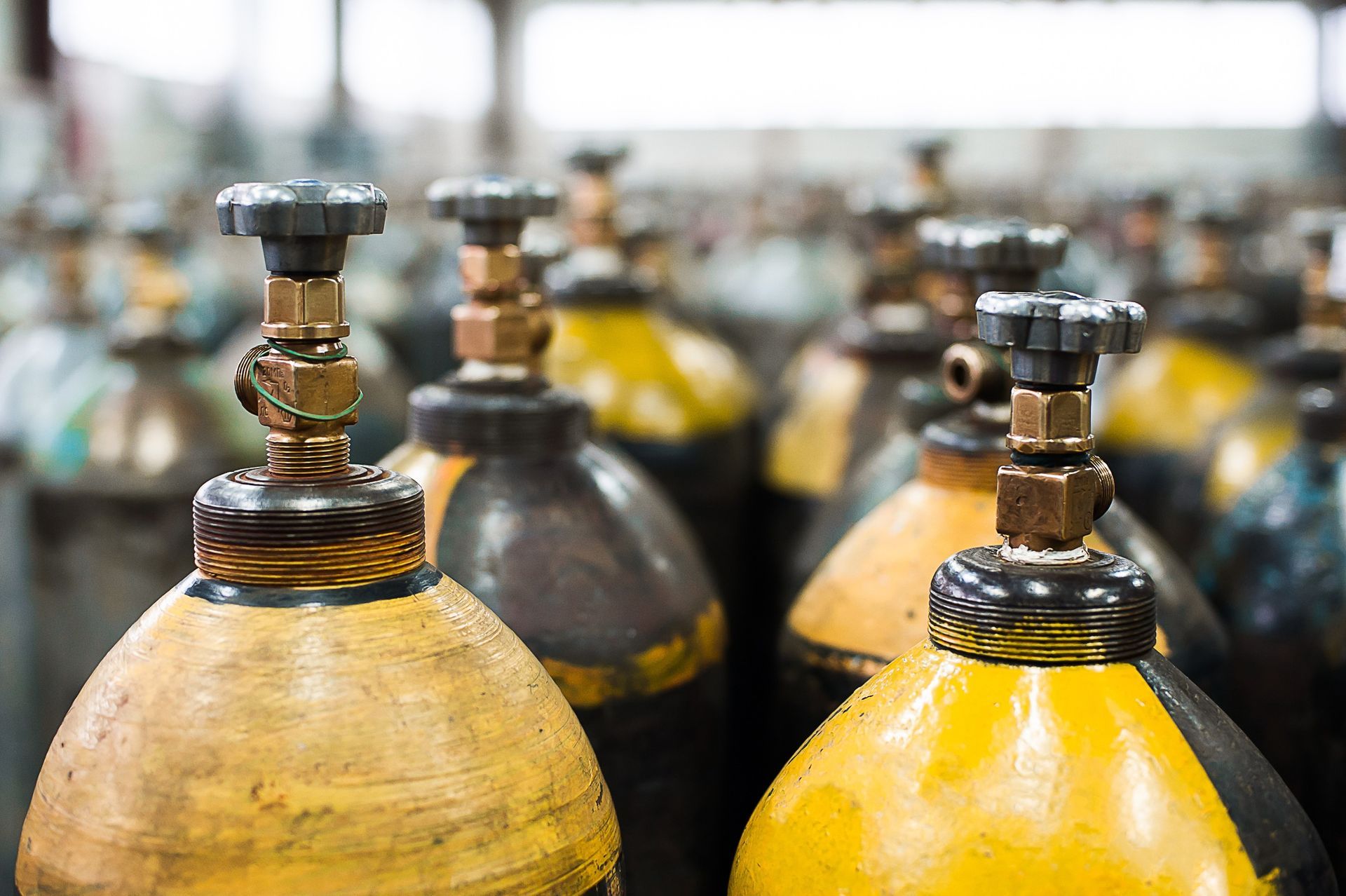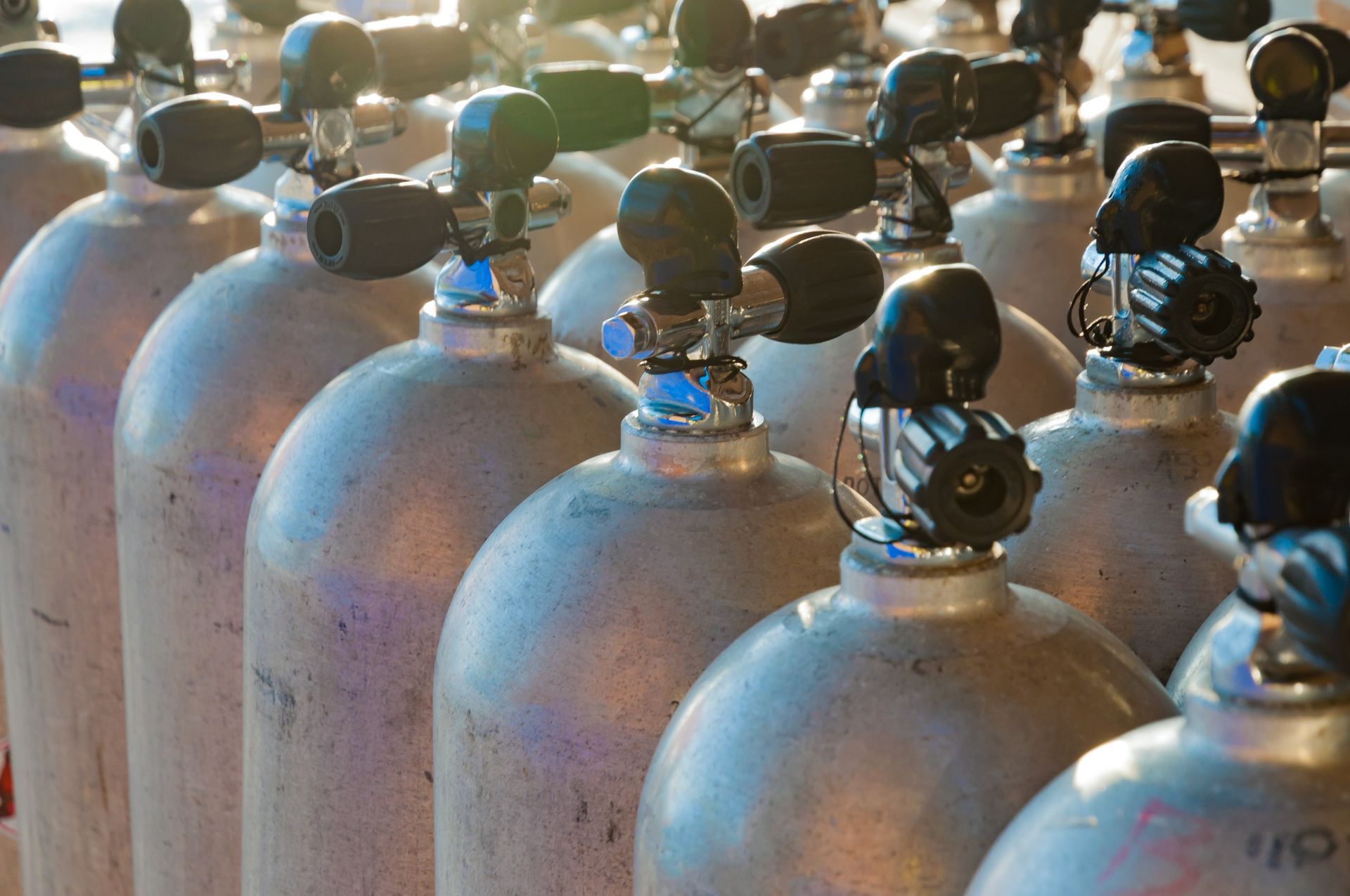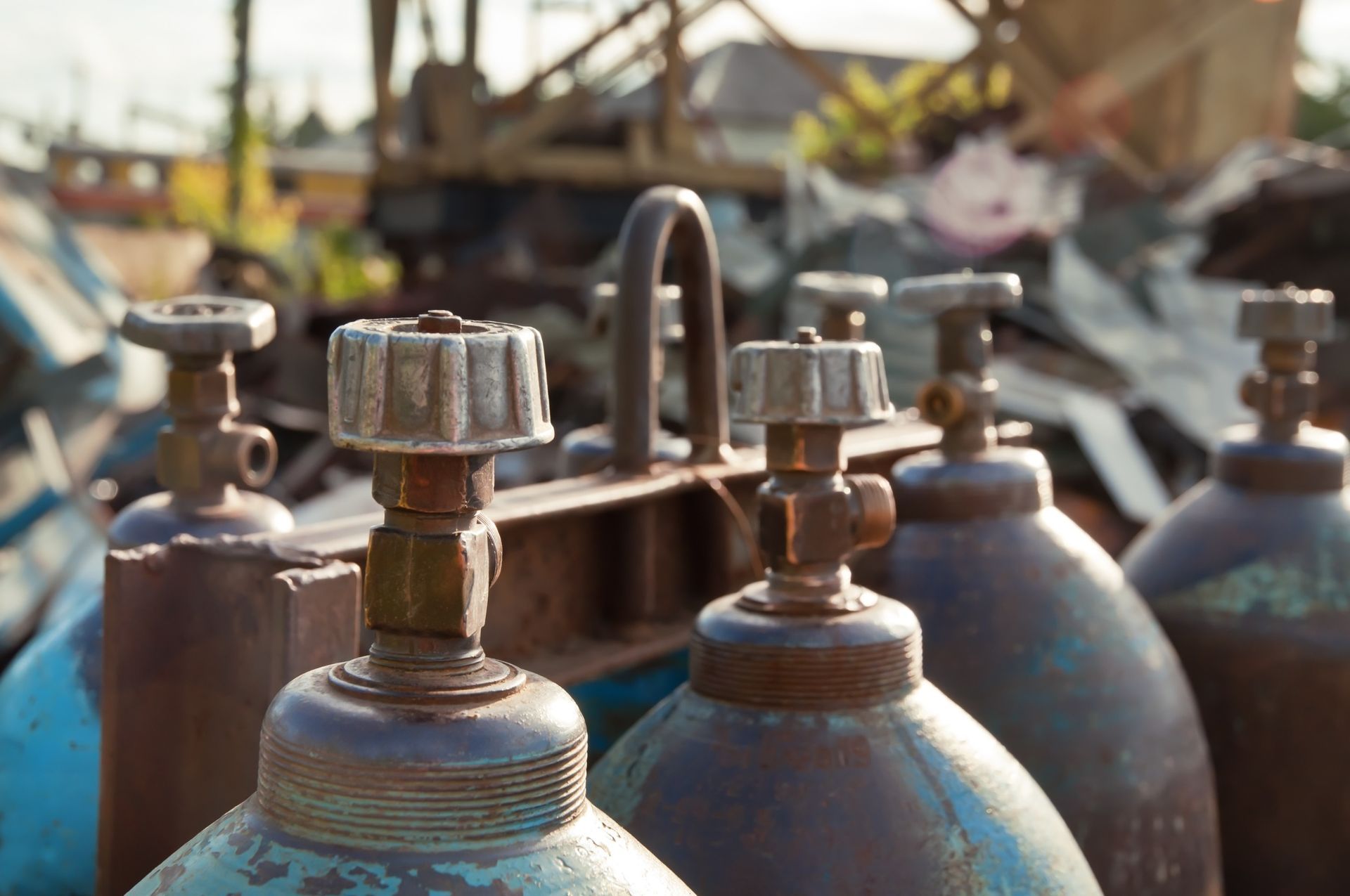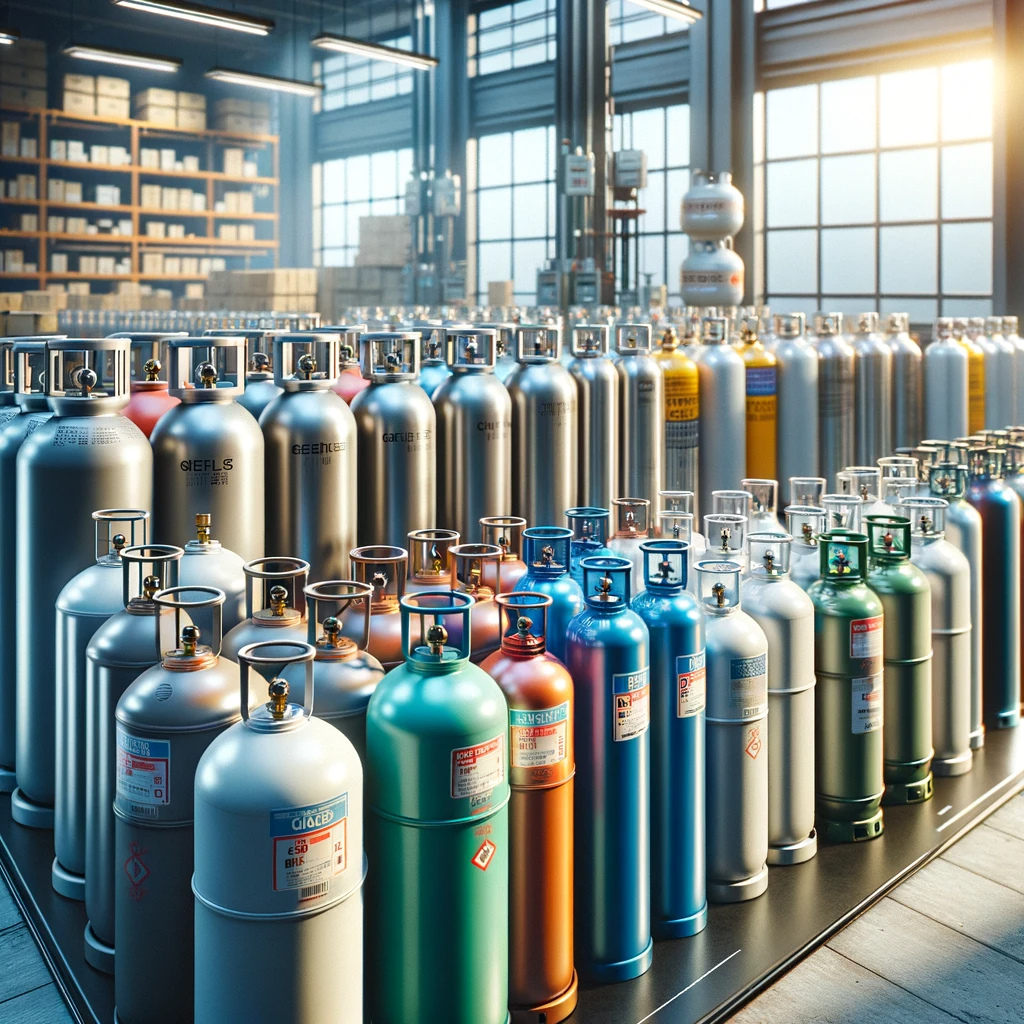Understanding Gas Cylinder Regulations: A Guide for Businesses
Gas cylinders are ubiquitous in various industries, playing a critical role in everything from manufacturing processes to healthcare services. However, their importance is equally matched by the potential hazards they pose, which is why regulations surrounding their use, storage, and transportation are stringent. For businesses that rely on gas cylinders, understanding and complying with these regulations isn't just about legal adherence—it's about ensuring the safety of your workforce, the public, and the environment.
This guide is designed to demystify the complex web of regulatory requirements for gas cylinders and help businesses navigate safely.
The Critical Importance of Gas Cylinder Regulations
Safety is the prime concern when it comes to handling gas cylinders. Failure to comply with regulations can lead to disastrous consequences, including fires, explosions, and toxic gas leaks. Beyond safety, compliance demonstrates a commitment to responsible business practices and can lead to increased trust from customers, regulators, and the public.
- Comprehensive Training: Every employee who handles or works near gas cylinders should receive training on safe operation, proper handling techniques, and emergency response procedures.
- Regular Inspections: Gas cylinders must be regularly checked for leaks, corrosion, and structural integrity to ensure they are safe for continued use.
- Correct Storage: Cylinders should be stored in a well-ventilated, dry area away from heat sources and in an upright position to prevent tipping and potential damage.
- Transportation Protocols: Secure transportation of gas cylinders is critical; they should be properly labeled and secured to prevent movement that could cause valve damage or leaks.
- Maintenance and Testing: Periodic maintenance and testing of cylinders, valves, and regulators are essential to prevent malfunctions or failures that could lead to accidents.
- Usage Guidelines: Only use gas cylinders for their intended purpose and ensure that all gas equipment is compatible and correctly fitted to avoid gas leaks and pressure-related accidents.
Overview of Gas Cylinder Regulations
Safety is the prime concern when it comes to handling gas cylinders. Failure to comply with regulations can lead to disastrous consequences, including fires, explosions, and toxic gas leaks. Beyond safety, compliance demonstrates a commitment to responsible business practices and can lead to increased trust from customers, regulators, and the public.
- Comprehensive Training: Every employee who handles or works near gas cylinders should receive training on safe operation, proper handling techniques, and emergency response procedures.
- Regular Inspections: Gas cylinders must be regularly checked for leaks, corrosion, and structural integrity to ensure they are safe for continued use.
- Correct Storage: Cylinders should be stored in a well-ventilated, dry area away from heat sources and in an upright position to prevent tipping and potential damage.
- Transportation Protocols: Secure transportation of gas cylinders is critical; they should be properly labeled and secured to prevent movement that could cause valve damage or leaks.
- Maintenance and Testing: Periodic maintenance and testing of cylinders, valves, and regulators are essential to prevent malfunctions or failures that could lead to accidents.
- Usage Guidelines: Only use gas cylinders for their intended purpose and ensure that all gas equipment is compatible and correctly fitted to avoid gas leaks and pressure-related accidents.
Types of Gas Cylinders and Their Regulations
Different gases have varying properties and hazards, and as such, they are categorized and regulated accordingly.
- Industrial Gas Cylinders: Designed for industrial applications, these cylinders hold gases such as oxygen, nitrogen, and argon. Regulations dictate they must have robust valves, be stored upright, and adequately separated from flammable materials.
- Medical Gas Cylinders: These are crucial in healthcare settings and contain gases like medical-grade oxygen and nitrous oxide. They must be color-coded according to standards and stored in hygienic conditions away from contaminants.
- Specialty Gas Cylinders: These cylinders contain high-purity gases used in scientific research and microelectronics. Stringent regulations ensure their purity is maintained from contamination through proper handling and storage.
- Acetylene Cylinders: Used commonly in welding, acetylene cylinders require special safety measures due to the gas's flammability. Storage away from oxidizers and regular checks for the stability of the acetone solvent are important regulatory mandates.
- Refrigerant Gas Cylinders: Holding gases for air conditioning and refrigeration, these cylinders have their own set of regulations focusing on preventing leaks and ensuring proper recycling or disposal to protect the environment.
- Calibration Gas Cylinders: Containing precisely mixed gases to calibrate instruments, these cylinders need accurate labeling and secure storage to ensure their mixtures remain uncontaminated.
- Liquefied Petroleum Gas (LPG) Cylinders: Widely used for heating and cooking, LPG cylinders are regulated to ensure the safety of the valves, and storage is in line with fire safety regulations to mitigate the risks posed by their high flammability.
Storage and Handling Requirements
Proper storage and handling of gas cylinders is essential for preventing accidents. Storing cylinders in a well-ventilated, segregated area, away from incompatible materials, is the first step in compliance.
Handling Gas Cylinders
- Using Proper Equipment: Always use a cylinder cart or strap for transporting gas cylinders to avoid accidents caused by improper handling.
- Securing Cylinders: Whether in storage or use, all cylinders must be securely fastened to prevent them from falling over or rolling away.
- Protecting Valve Caps: Keep protective valve caps in place until the cylinder is ready to be used, and always reapply them before moving a cylinder.
- Awareness of Surroundings: Handlers must be cognizant of their surroundings, especially when moving cylinders, to prevent collisions or exposure to heat sources.
- Correct Lifting Techniques: Lift cylinders with the legs by keeping the back straight to avoid strain and potential injury.
- Observing Cylinder Conditions: Regularly monitor for signs of wear, rust, or other damage to cylinders and immediately remove any compromised units from service.
- Avoiding Contaminants: Ensure that oils, greases, or other substances that could react dangerously with the gases are kept clear of the cylinders.
Storing Gas Cylinders
- Separation of Gas Types: Store different types of gases separately, especially keeping flammable gases away from oxidizing gases and other potential sources of ignition.
- Temperature Control: Maintain a consistent temperature in the storage area, avoiding extremes that could affect cylinder pressure or integrity.
- Correct Orientation: Store cylinders upright and secured to prevent them from tipping over, which could damage the cylinder or cause leaks.
- Accessibility: Ensure that all cylinders are easily accessible for quick and safe handling, inspections, and removal in case of an emergency.
- Protective Measures: Install appropriate signage and protection barriers around the storage area to limit access to authorized personnel only.
- Inventory Management: Keep an accurate and up-to-date inventory of all cylinders, noting their contents and the date of the last inspection for each cylinder.
- Inspection Access: Arrange cylinders in a manner that allows for a clear view of labels and easy access for regular inspections.
Transportation Regulations
Transporting gas cylinders is one of the riskiest aspects of their lifecycle. Regulations mandate secure transportation containers, proper labelling, and specific handling procedures for different types of gases.
Labelling and Marking
- Visible Identification: Transported cylinders must be clearly marked with the appropriate hazard classification to inform handlers and emergency responders.
- Secure Packaging: Cylinders need to be packed in crates or racks designed to prevent movement during transit that could lead to accidental activation of valves or damage to cylinder bodies.
- Weather Protection: Ensure cylinders are protected against extreme temperatures and weather conditions that could cause pressure changes or structural damage.
- Transport Placards: Vehicles transporting hazardous gases must display placards that correspond to the transported gas's specific hazard class, as defined by transportation regulations.
- Trained Personnel: Only individuals with proper hazardous material handling training should transport gas cylinders.
- Vehicle Requirements: Transporting gas cylinders may require vehicles with specific features, such as open trailers for ventilation or special suspension systems to handle weight and prevent jostling.
- Documentation: Accurate shipping papers must accompany transported cylinders, outlining the nature, quantity, and hazard level of the gas within, as well as emergency contact information.
- Check for Leaks: Before transporting, each cylinder should be checked for potential leaks or damages to prevent any incidents during the journey.
- Regular Vehicle Inspections: Vehicles used for the transportation of gas cylinders must be regularly inspected to ensure they are in proper working condition, meeting all safety standards.
- Compliance with DOT Regulations: In the United States, transportation of gas cylinders must adhere to the Department of Transportation (DOT) regulations, which include specific requirements for packaging, labeling, and handling of hazardous materials.
Irregularities in gas cylinders, such as damage or corrosion, can lead to catastrophic events. Regular, thorough inspections and maintenance are, therefore, vital.
Inspection Requirements
- Visual and detailed inspections must be conducted and documented on a regular basis
- Inspections should be done by competent personnel
- Any cylinders showing signs of damage, or with expired certification, should be removed from service and properly disposed of
Training and Education
Ultimately, the success of any regulatory compliance strategy hinges on the knowledge and discipline of the workforce.
Training Programs
- All employees who handle or work near gas cylinders should receive comprehensive training
- Training programs must cover the properties of the gas, how to use and maintain the cylinders, and emergency procedures
Continuous Education
- Stay up to date with any new regulations or updates that could affect your operation
- Regularly refresh training for existing employees and include compliance training in onboarding for new staff
Conclusion: Compliance as Your Safety Anchor
By adhering to gas cylinder regulations, you are not just ticking off a legal requirement—you are embracing a culture of safety and responsibility that can safeguard your company against potential disasters.
As regulations evolve to keep pace with changes in technology and industry practices, staying informed and compliant ensures your business remains not only legally strong but also a safe and reliable partner in your sector. The investment in safety and compliance is an investment in the long-term success and reputation of your business.
Remember, when in doubt, consult with regulatory bodies, certified safety consultants, or legal advisors to ensure you are in compliance with the latest gas cylinder regulations. By being proactive and meticulous, businesses can turn what seems like a daunting task into a manageable, integral part of their operational procedures.
About Metro Welding Supply Corp
Metro Welding Supply Corp stands at the forefront of supplying specialty gases and equipment to a diverse set of industries including welding companies, hospitals, research facilities, and universities. With years of experience in the field, Metro Welding has established itself as a trusted provider, ensuring that clients receive high-quality gases that meet stringent industry standards.
Their commitment to excellence and customer service has cemented Metro Welding's reputation as an essential partner for businesses that demand reliability and precision in their operations.
Contact Us
For all your specialty gas and equipment needs, or if you have any questions about our products and services, please don't hesitate to reach out to us. Our knowledgeable team is ready to provide you with the support and information you require.
Phone: 313 450-9300
Email: sales@metrowelding.com
Address: 12620 Southfield Rd, Detroit, MI 48223, United States of America
At Metro Welding Supply Corp, we value our clients and are committed to delivering excellence with every interaction. Whether you are placing an order or merely seeking expert advice, we’re here to help.
Ready to work with Metro Welding Supply Corp.?
Let's connect! We’re here to help.
Send us a message and we’ll be in touch.
Or give us a call today at 313-450-9300
Agency Contact Form
We will get back to you as soon as possible
Please try again later
More Industry Tips, Tricks & Tools...
Industry Insights (i2)
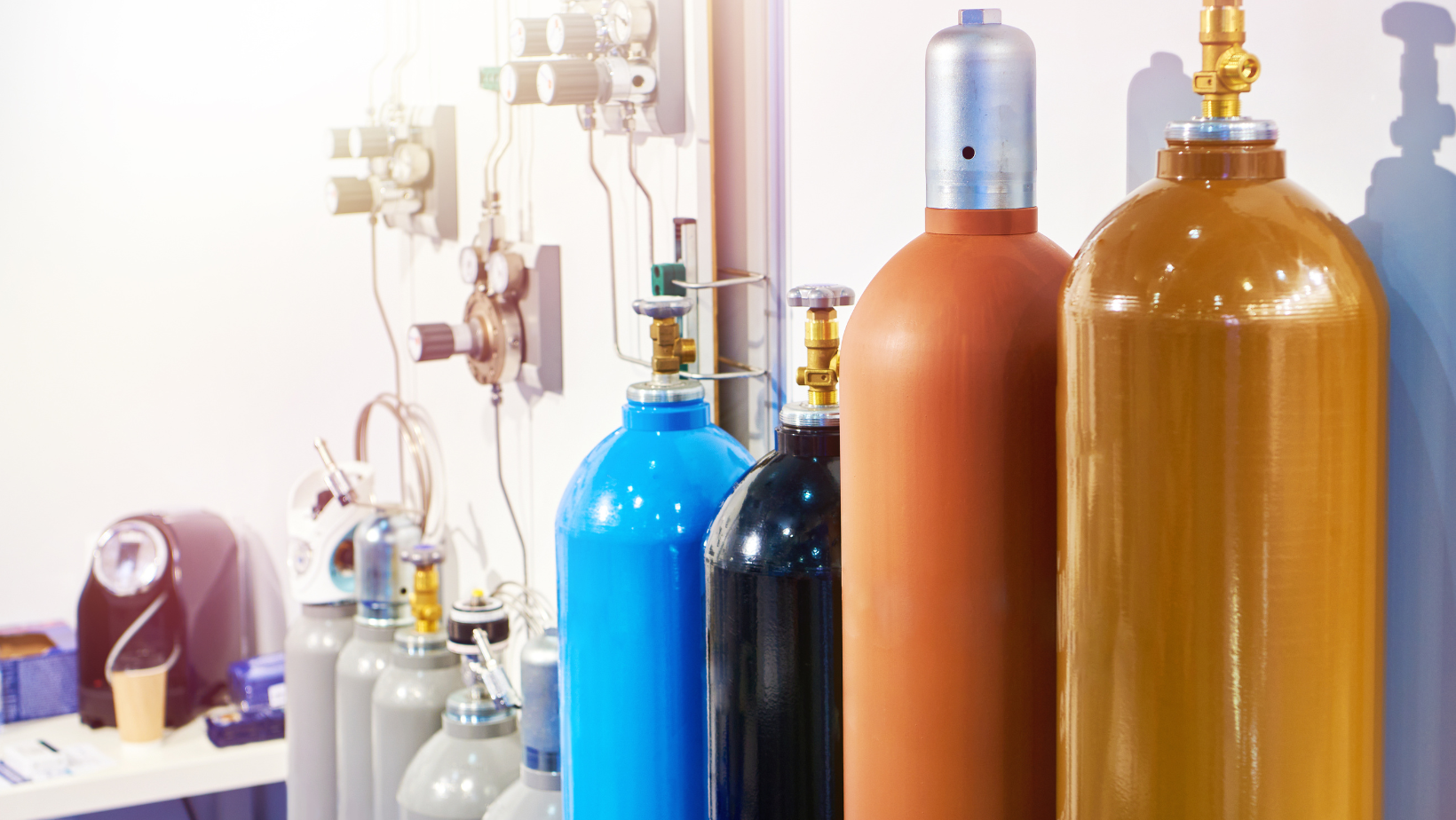
Note: Always adhere to industry-specific safety guidelines and consult with professionals for proper handling, storage, and usage of pressurized gases.
Menu
All Rights Reserved. Designed By Lead Monkey Marketing LLC

